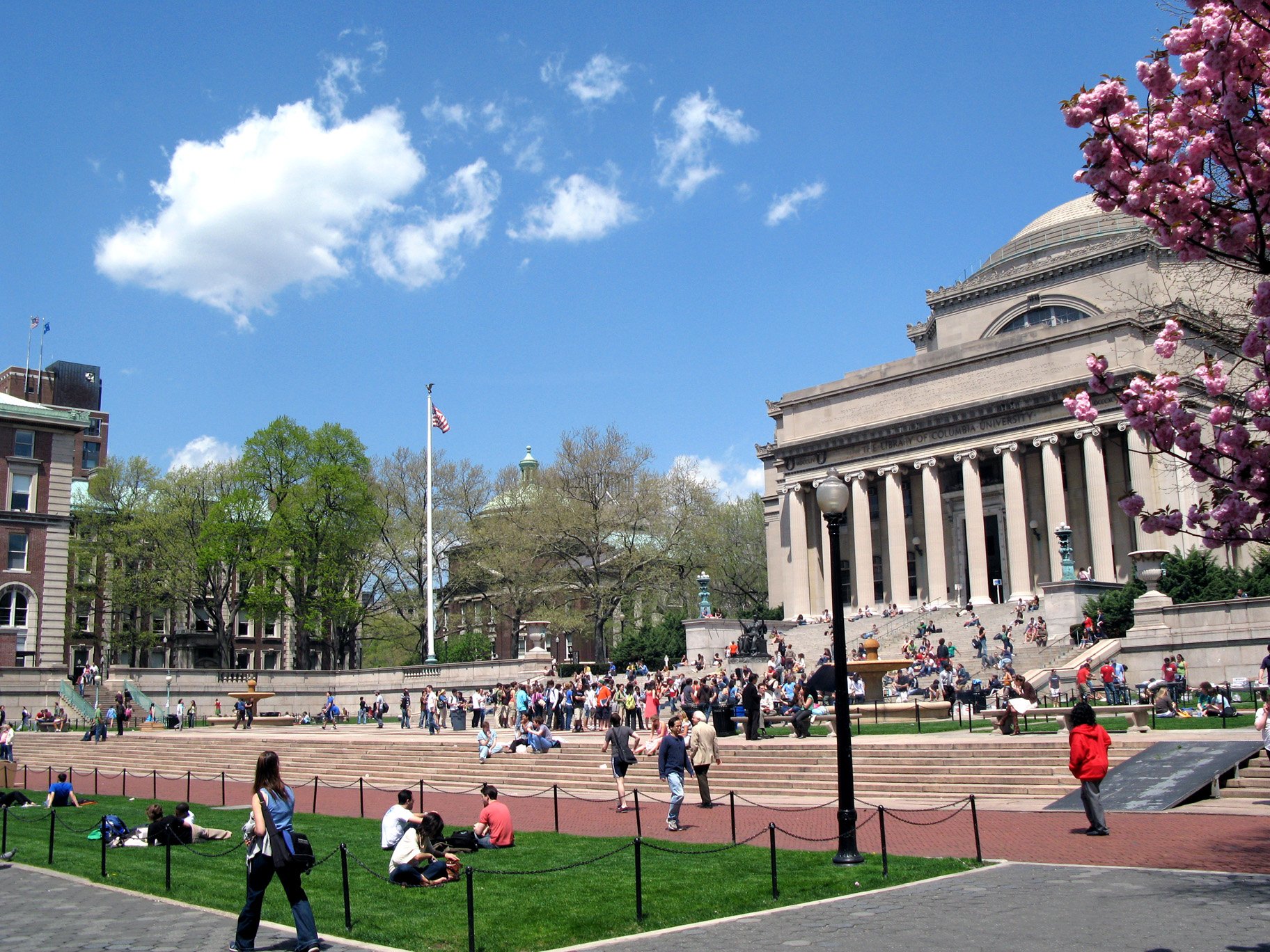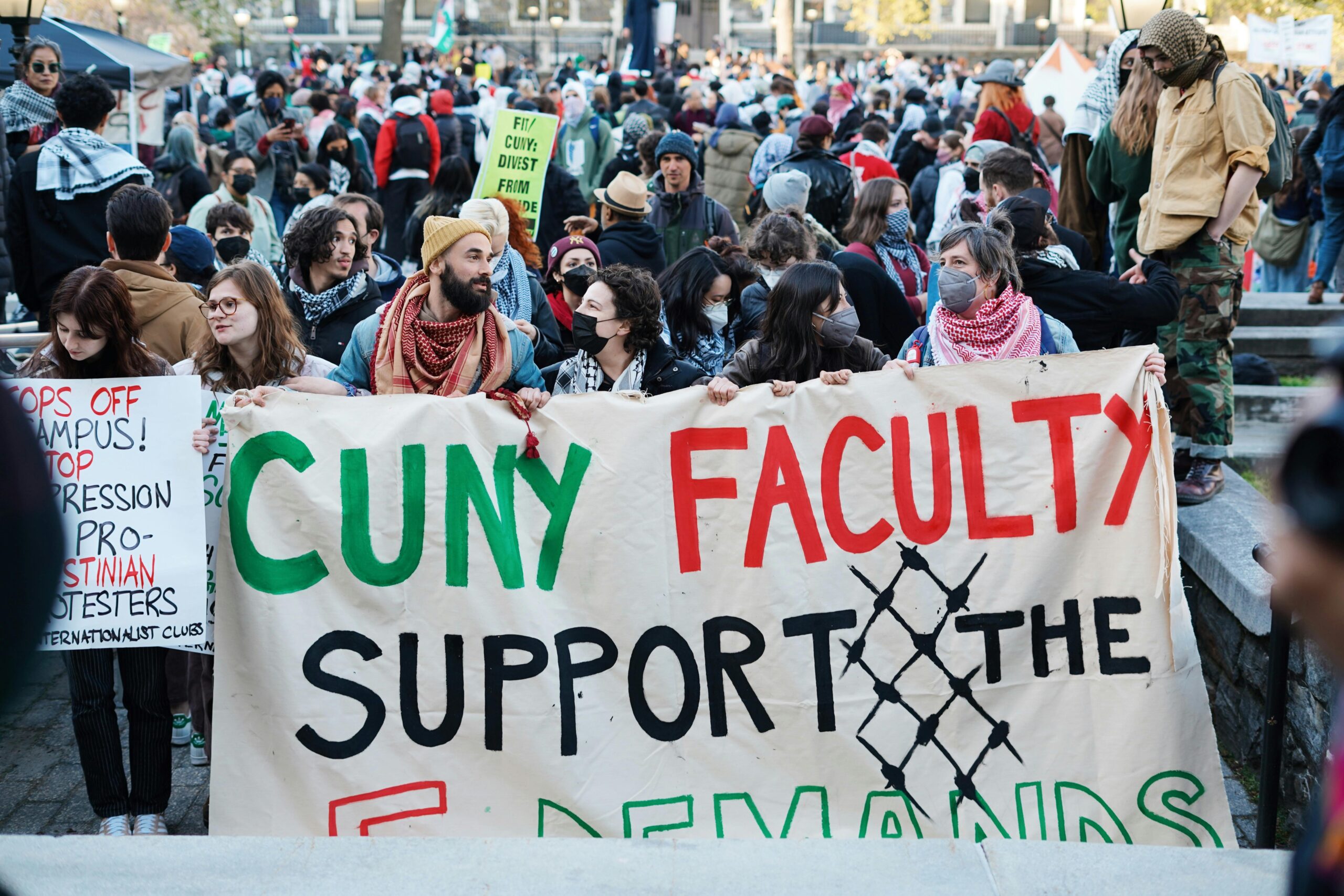Thousands of feet up in freefall, traveling over 100 miles an hour, Yosef Goodman had only seconds to make a decision. His parachute had become tangled in his commander’s chute above him, preventing both of their parachutes from opening. They were probably 20 seconds away from certain death, and none of the backup measures were working. On a training jump in the IDF’s elite Maglan paratrooper unit, they were testing a new form of gliding parachute, but something had gone terribly wrong. With such a short timeframe, and no other possible solution, Yosef, over the protesting screams of his commander, calmly pulled out his army knife and sliced through the parachute chords connecting their chutes, saving the life of his commander but dooming himself to certain death as he hurtled toward the ground at close to 130 miles per hour.
A subsequent investigation determined that his decision was the correct one, and the only way to allow at least one of them to survive. But the ability to make such a decision, in such a short amount of time buffeted by the winds at such high speeds, is nothing short of incredible. His commander, breaking down as he eulogized Yosef at his funeral the next day, recognized both the incredible bravery it took to make such a decision as well as the inspiring ability to make the decision under such enormous pressure.
This week in the portion of Re’eh, Moshe exhorts the Jewish people to “see the blessing and the curse placed before them” (Devarim 11:15-19) and he describes to them the exact place to which they must journey when they enter the Land of Israel in order to receive these blessings and curses that will be given to them.
What does it mean to be given blessings and curses? And how can blessings and curses be placed upon a mountain? And why are the Jewish people told to see these blessings and curses? Should they not be commanded to hear them?
The Ramban (Deuteronomy 11:29) explains that what is being set before the Jewish people is the path to blessings and the path to curses. A slave does not really have the freedom to choose; he must do whatever his master commands. At long last, the Jewish people will be coming home, regaining the ability and privilege of making their own decisions.
So… how do we know what the right decision is in any given situation?
Here are a few points to consider when confronted by the need to make a decision:
1. You will for sure not know what the right decision is if you never make it.
2. Trying to figure out what the perfect choice is (the best airfare, the perfect hotel, the perfect marriage partner…) is what will paralyze a person. Good enough really is “good enough.” So look for the “good enough” option…
3. Whatever decision you make, you can make it be the right one; at that point it’s all about attitude.
4. Eventually we have to decide our dreams are more important than our excuses. The first step toward getting somewhere is to decide that you are not going to stay where you are.
As we approach the New Year, Hashem should bless us all with the courage to take on life’s difficult decisions, along with the wisdom to make the right ones.
Rabbi Binny Freedman is rosh yeshiva of Yeshivat Orayta. He is a member of the Mizrachi Speakers Bureau (www.mizrachi.org/speakers).













